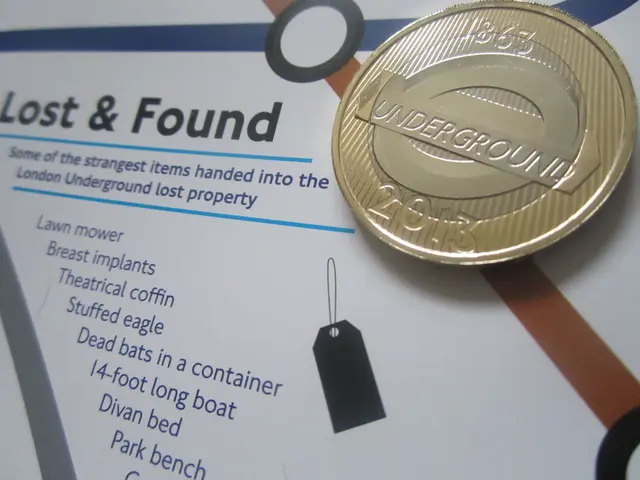Suspected Russian Sabotage in Oil Contamination En Route to OMV Petrom Refinery in Romania
In July 2025, a significant incident occurred that raised geopolitical tensions between Russia and several European countries. A large shipment of Azerbaijani crude oil, intended for European markets, specifically Romania, was deliberately contaminated with hazardous organic chlorine. This contamination occurred within the Baku-Tbilisi-Ceyhan (BTC) pipeline, a crucial energy transit route.
The contaminated oil was destined for the Romanian port of Constanța, but it was halted upon detection of the contamination, rendering it unusable. This event led to operational disruptions, such as temporary fuel shortages at the OMV Petrom refinery.
Romanian intelligence, along with multiple independent sources, strongly suspect Russian involvement in this incident. This suspicion is based on patterns of Russian aggression, including propaganda operations, drone strikes on Azerbaijani infrastructure, and a history of sabotage such as attempts to sever Baltic Sea cables. The contamination method — introducing organic chlorine to crude oil — was noted for its ability to damage refinery equipment and is seen as a calculated escalation of Russia's hybrid warfare tactics.
The sabotage had direct consequences on Romania’s fuel refining and energy stability, as the BTC pipeline supplies about 25% of Romania’s crude needs. The attacks and sabotage attempts strain energy cooperation and highlight Europe’s exposure to hybrid and asymmetric energy security threats from Russia.
The incident also affected other European countries. Ukrainian and Azerbaijani facilities connected to energy transit have also been targeted by Russian strikes, further complicating energy supply routes vital for Eastern Europe and the EU. The contaminated oil reached other European countries, including Italy and the Czech Republic.
This incident has exacerbated geopolitical tensions between Russia and countries like Azerbaijan, Romania, and Ukraine, prompting calls within the EU and NATO for stronger measures to isolate Russia from energy markets and increase support for countries affected by such destabilization tactics.
Here's a summary of the key aspects of this incident:
- Suspected perpetrator: Russia (Russian military/intelligence services)
- Method of sabotage: Chlorine contamination in Azerbaijani crude oil
- Pipeline involved: Baku–Tbilisi–Ceyhan (BTC) pipeline
- Immediate impact: Contaminated shipment halted at Romanian port; refinery disruptions in Romania
- Broader impact: Highlights European energy vulnerability; strains EU-NATO relations with Russia; affects supply to multiple countries
- Related incidents: Russian drone strikes on Azerbaijani oil infrastructure in Ukraine; propaganda and other hybrid warfare activities
As the investigation continues, it is crucial to address the broader implications of this incident and the need for enhanced energy security measures in Europe.
- The contamination of Azerbaijani oil within the Baku-Tbilisi-Ceyhan (BTC) pipeline, a deliberate act suspected to be by Russia, not only affected Romania's fuel refining and energy stability but also reached other European countries like Italy and the Czech Republic, potentially hinting at a vulnerable European energy sector.
- The energy sector, predominantly oil-and-gas, is currently grappling with the consequences of hybrid warfare tactics, as seen in the incident of contaminated Azerbaijani crude oil, which disrupted finance and industry sectors, such as the OMV Petrom refinery in Romania.




